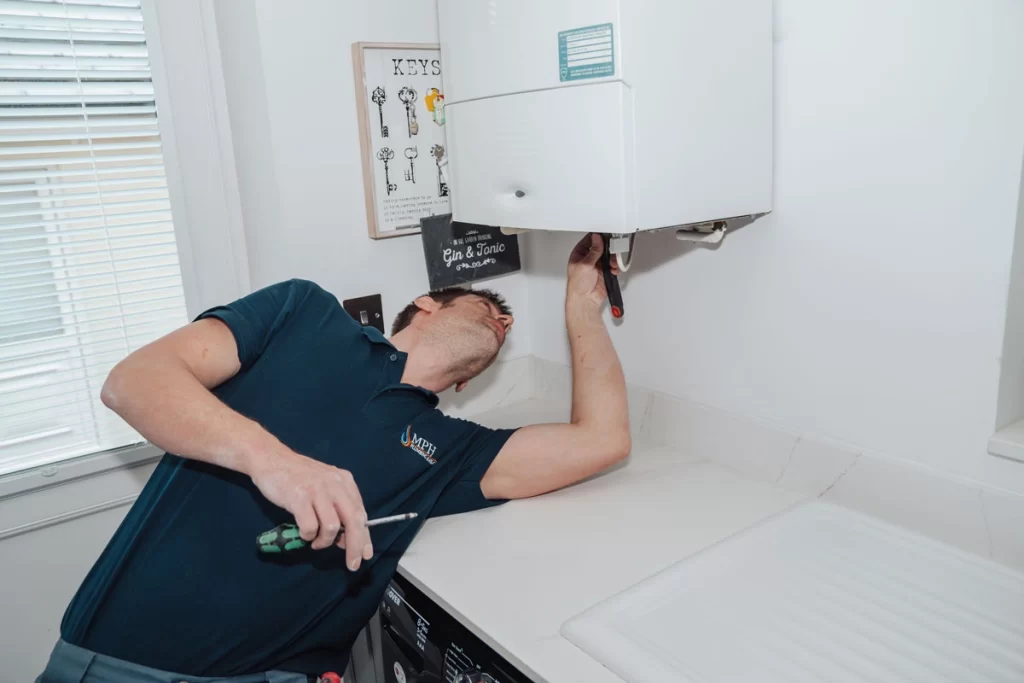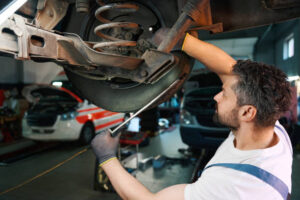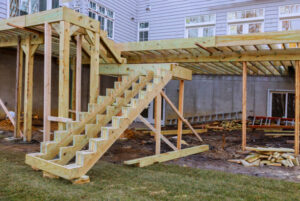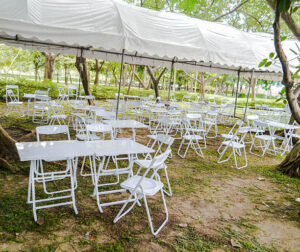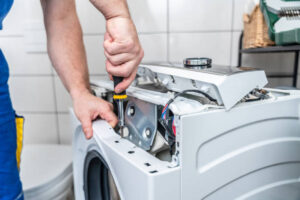Boilers are an essential part of our homes, especially when the temperatures drop, and you rely on them to keep your house warm. But what happens when your boiler breaks down during peak usage times, like in the winter or during the holiday season? It’s frustrating, to say the least, and it often happens when you need heat the most.
In this article, we will discuss the top reasons why boilers tend to fail during peak usage and what you can do to prevent these issues. If you’re in need of emergency boiler repair in Bournemouth, make sure to reach out to professionals who can restore your heating system promptly. We’ll dive into the common causes of boiler failure and offer tips on how to keep your boiler in tip-top shape all year round.
1. Overworking the Boiler During Peak Times
When the cold weather hits, your boiler is working harder than usual to maintain a comfortable temperature inside your home. The increased demand for hot water and heating puts a lot of pressure on the system, which can lead to breakdowns. Boilers can struggle to keep up with the demand, especially if they’re already operating near their maximum capacity.
This overuse is one of the primary reasons for boiler failure during peak times. Regular use, combined with harsh weather, can lead to stress on certain components of the boiler, causing them to wear out or malfunction.
2. Lack of Regular Maintenance
One of the most common reasons for boiler failures is a lack of regular maintenance. Just like any other appliance, a boiler requires regular checks to ensure it’s running smoothly. If you don’t keep up with annual servicing, small issues can go unnoticed and snowball into bigger, more expensive problems.
Neglecting regular maintenance can lead to a buildup of sludge or debris in the system, which can clog pipes and valves, affecting the boiler’s efficiency. If the boiler isn’t cleaned or serviced regularly, it’s more likely to break down during high usage when it’s under more pressure.
3. Low Water Pressure
Low water pressure is another common issue that can cause a boiler to fail during peak usage. When the pressure in your system drops, your boiler can’t circulate water properly, which can cause it to shut down or fail to heat your home effectively. Low water pressure can be caused by a leak in the system, a faulty pressure valve, or a buildup of air.
During colder months, you may also experience frozen pipes, which can lead to a drop in pressure and prevent the boiler from operating correctly. If you notice a drop in your boiler’s pressure, it’s crucial to address it before it leads to a more significant issue.
4. Faulty Thermostat
The thermostat controls the temperature in your home by regulating the boiler’s heating system. If your thermostat is malfunctioning, your boiler may not turn on or may fail to reach the desired temperature. This problem can be exacerbated during peak usage when your heating demands are at their highest.
A faulty thermostat may give incorrect readings or fail to communicate with the boiler, leading to erratic heating cycles or no heat at all. If your thermostat isn’t working properly, it’s a good idea to have it checked out by a professional before the problem escalates.
5. Frozen Pipes
During the winter, frozen pipes are one of the most common causes of boiler failure. When water inside the pipes freezes, it causes blockages, leading to pressure issues in the system. The blockage can also damage the pipes or other components of the heating system, causing the boiler to fail.
Frozen pipes can also occur when a boiler is running at full capacity during peak times, as the system is pushing more water through the pipes. In extreme cases, the pipes may burst, leading to leaks that can cause extensive damage to the system. If you notice that your boiler is making unusual noises or your radiators are cold, frozen pipes might be the culprit.
6. Corroded or Worn-Out Parts
Boilers have many components that can wear out over time, especially if they’re subjected to heavy use during peak seasons. Parts like the heat exchanger, pump, and valves can corrode or become worn, making them less effective at doing their job. When these components fail, the entire system can shut down.
Regular maintenance checks can identify these worn-out parts before they cause a total breakdown. If you live in an area with hard water, this can also contribute to the corrosion of internal boiler parts, which can exacerbate the problem.
7. Airlocks in the System
Airlocks can form in the pipes and the heating system when air becomes trapped inside the system. This can cause the boiler to fail or stop circulating hot water and heat to the radiators effectively. An airlock can occur for several reasons, including poor maintenance, leaks, or low water pressure.
During peak usage, airlocks are more likely to cause issues as the system is working harder to keep up with increased demand. If you notice that your radiators are cold or your hot water supply is erratic, airlocks could be the problem.
8. Boiler Age and Efficiency
As boilers age, they naturally become less efficient. If your boiler is more than 10-15 years old, it’s more likely to break down, especially during periods of heavy use. Older boilers may not be able to handle the higher demands placed on them during peak times, leading to system failure.
If you have an older boiler, it might be time to consider replacing it with a newer, more efficient model. Newer boilers are designed to handle higher workloads and are generally more energy-efficient, which can save you money on your heating bills in the long run.
9. Sudden Power Surges
Power surges can damage a boiler’s electrical components, leading to a complete breakdown. This is especially true for modern combi boilers, which rely on electronic components to operate. During peak usage times, such as cold spells, the demand for electricity may cause power fluctuations or surges that can affect the boiler’s operation.
If your boiler isn’t responding to your controls or is displaying error codes, a power surge might have caused the issue. In this case, you’ll need to have the electrical components checked and possibly replaced.
10. Blocked Condensate Pipe
The condensate pipe is an essential part of your boiler’s operation, responsible for removing waste water from the system. If the pipe becomes blocked, it can cause the boiler to shut down. During cold weather, the condensate pipe is especially vulnerable to freezing, which can lead to blockages and system failure.
Regularly checking the condensate pipe for ice buildup and ensuring it’s clear of any obstructions can help prevent this issue from causing your boiler to break down during peak usage.
Conclusion
Boiler breakdowns during peak usage can be frustrating, but by understanding the common causes, you can take steps to prevent them. Regular maintenance, early detection of issues, and quick repairs are essential to ensuring your boiler runs smoothly, even when it’s working overtime during the coldest months.

